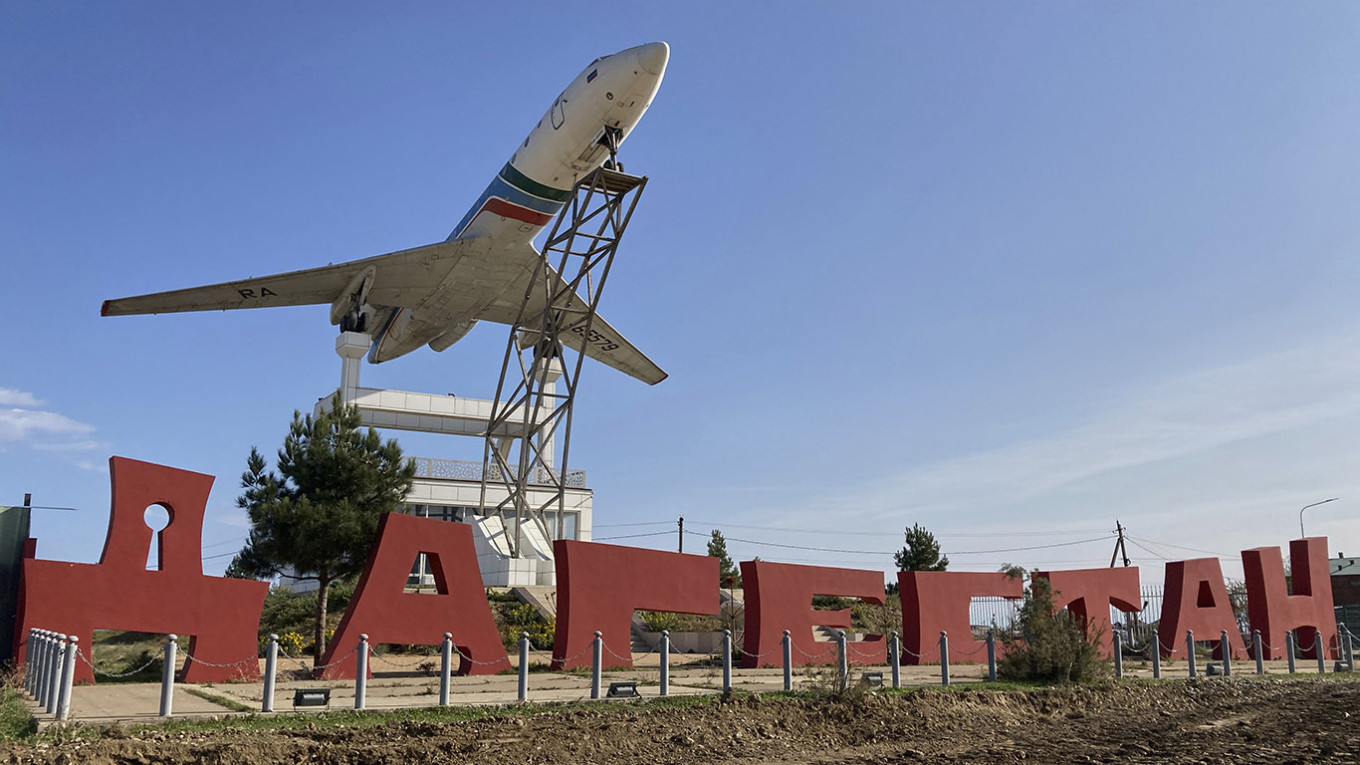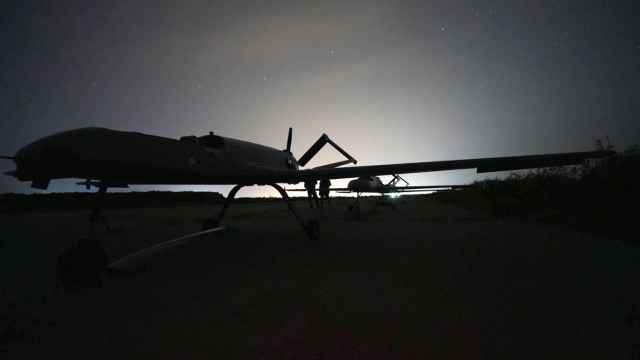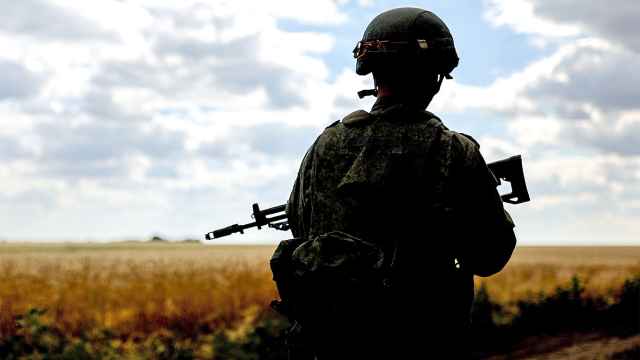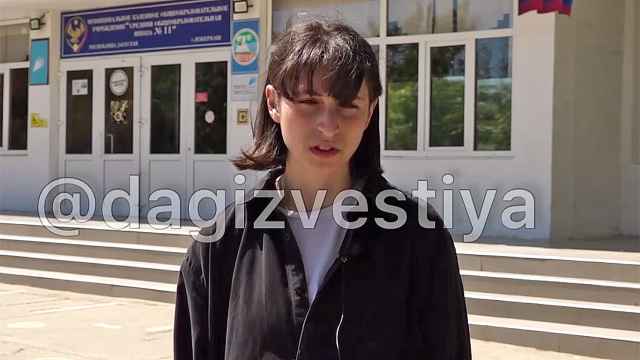On November 6, a Ukrainian kamikaze drone (probably an A-22 Flying Fox) hit Russian warships in the Caspian Sea for the first time. According to Ukraine’s Defence Intelligence service, at least two targets were damaged. These are likely missile patrol ships Tatarstan and Dagestan moored at the Russian naval base in the city of Kaspiysk.
Kaspiysk is about 1500 kilometers from the border with Ukraine. Ukrainian intelligence chief Kyrylo Budanov said in September that Ukrainian drones are capable of hitting enemy targets at a distance of up to 1800 km. But the events of November 6 clearly still came as a surprise to Russian security forces.
Despite the head of Dagestan's call not to post photos and videos of the incident, channels from Dagestan and across Russia are full of videos of the drone's flight and impact from different angles.
The incident is also being hotly discussed on local social media. During the attempt to shoot down the drone, the Russian military spared no bullets, and as a result, some of them hit the homes of the Caspian people. Bloggers complain that despite the allocation of 550 million rubles ($5,640,000) of state funds for the Safe City system, neither the Emergency Situations Ministry's warning nor the civil defense systems worked. The mayor of Kaspiysk announced after the strike that street lighting will be turned off between 1 and 8AM "to minimize the presence of people on the streets at night."
Dagestan has long been one of the most problematic regions in Russia and for the Kremlin authorities.In June 2023, the republic's Prime Minister stated that due to "the threat of actions from Ukrainian special services and nationalists, anti-terrorist security measures will be strengthened in the republic." However, this is a fairly standard attempt to explain internal problems and, accordingly, the mood of the local population, which is also used by the central Russian authorities.
Officially, 13% of the republic's population lives below the poverty line. Sporadic protests due to a lack of water and electricity are commonplace, as are counterterrorism operations. But with the outbreak of the Russian-Ukrainian war, the security situation has deteriorated further.
As early as the spring of 2022, more people from Dagestan were killed fighting in Ukraine than from any other region of Russia. The only mass actions against that year’s partial mobilization took place in Dagestan. In 2023, Putin arrived in the republic for the first time in several years after local Telegram channels organized flash mobs with anti-Russian themes during Muslim holidays.
At the end of March 2024, the republic's Ministry of Internal Affairs reported that 14 Dagestanis were involved in criminal cases and put them on the wanted list for participating in the war "as part of units of the armed forces of Ukraine."
Therefore, the first case of Ukrainians hitting ships in the Caspian Sea is not just a success for Kyiv and new problems for the Russian navy, it is a direct approach of the Russian-Ukrainian war to Dagestan, which may have additional negative consequences for the Russian authorities in the region.
A Message from The Moscow Times:
Dear readers,
We are facing unprecedented challenges. Russia's Prosecutor General's Office has designated The Moscow Times as an "undesirable" organization, criminalizing our work and putting our staff at risk of prosecution. This follows our earlier unjust labeling as a "foreign agent."
These actions are direct attempts to silence independent journalism in Russia. The authorities claim our work "discredits the decisions of the Russian leadership." We see things differently: we strive to provide accurate, unbiased reporting on Russia.
We, the journalists of The Moscow Times, refuse to be silenced. But to continue our work, we need your help.
Your support, no matter how small, makes a world of difference. If you can, please support us monthly starting from just $2. It's quick to set up, and every contribution makes a significant impact.
By supporting The Moscow Times, you're defending open, independent journalism in the face of repression. Thank you for standing with us.
Remind me later.






